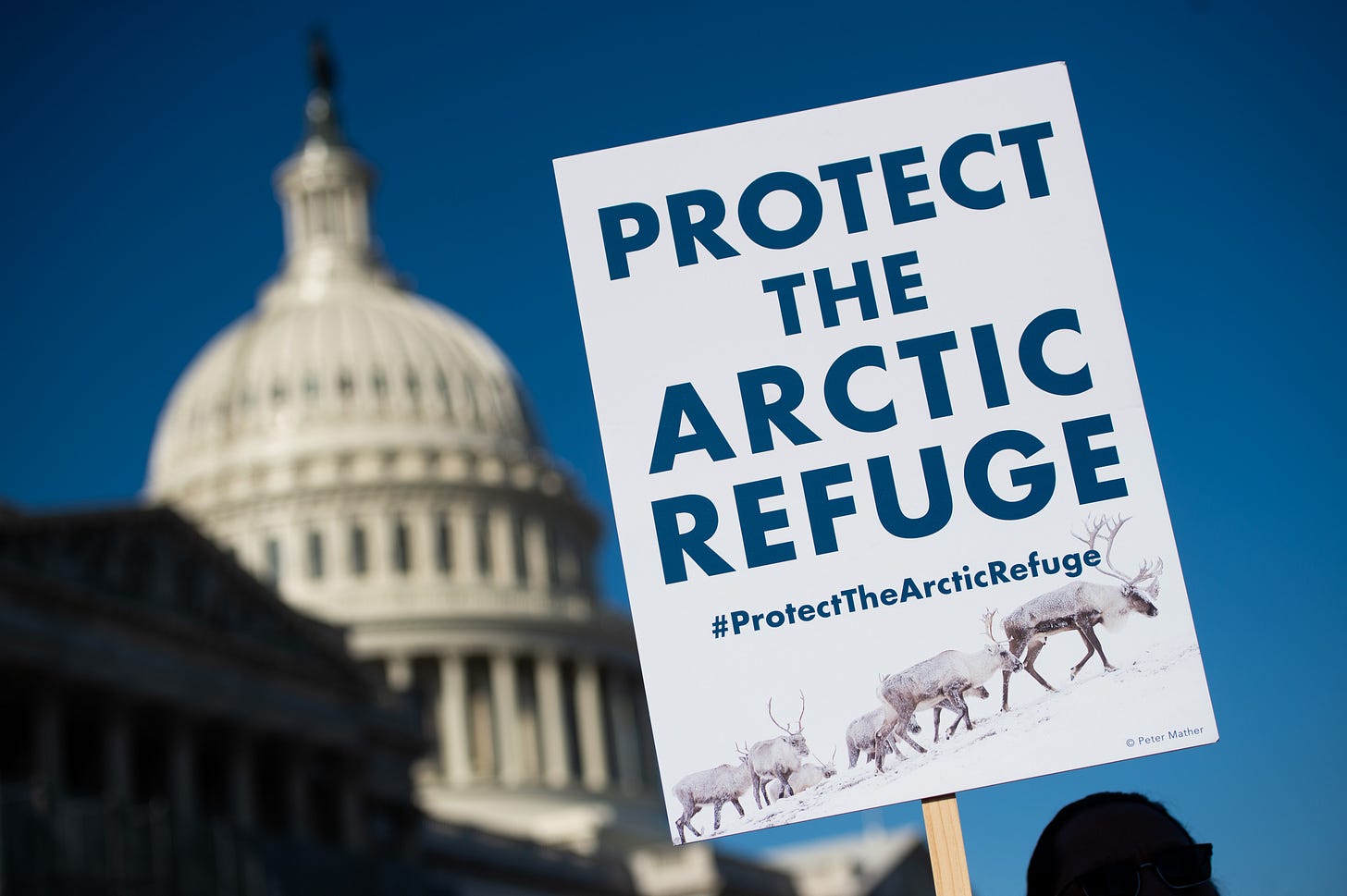A climate win amid the chaos
The fossil fuel divestment movement achieved another big win last week, adding to its long list of successes of 2020.
Trump’s attempted Arctic oil sale: a “bust” and a “joke”

This piece originally appeared on MSNBC, and is republished in HEATED with permission.
President Donald Trump's legacy will forever be defined by the mas…


